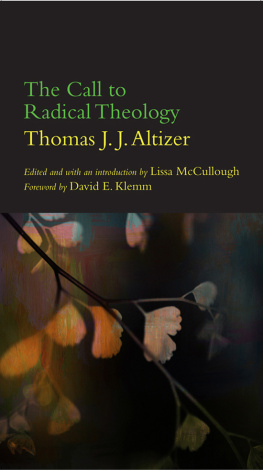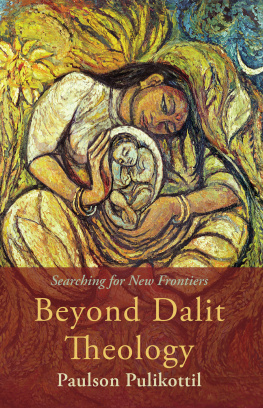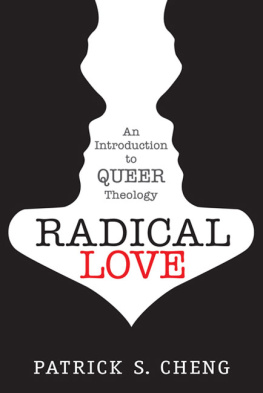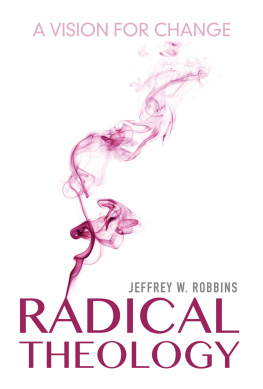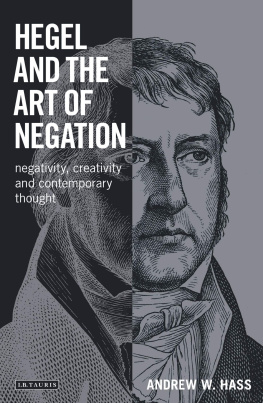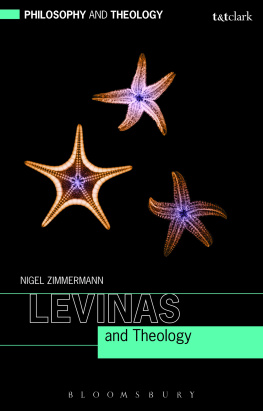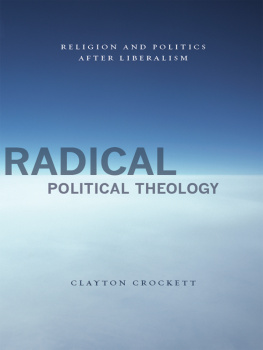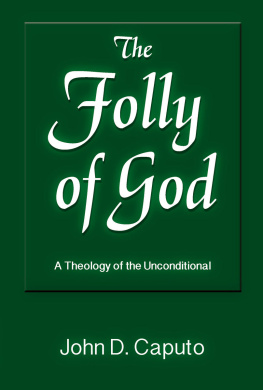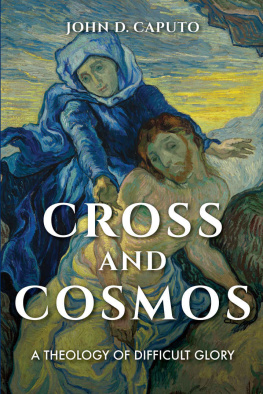SUNY series in Theology and Continental Thought
Douglas L. Donkel, editor
The Call to
Radical Theology
THOMAS J. J. ALTIZER
EDITED AND WITH AN INTRODUCTION BY LISSA MCCULLOUGH FOREWORD BY DAVID E. KLEMM

Published by State University of New York Press, Albany
2012 State University of New York
All rights reserved
Printed in the United States of America
No part of this book may be used or reproduced in any manner whatsoever without written permission. No part of this book may be stored in a retrieval system or transmitted in any form or by any means including electronic, electrostatic, magnetic tape, mechanical, photocopying, recording, or otherwise without the prior permission in writing of the publisher.
For information, contact State University of New York Press, Albany, NY
www.sunypress.edu
Production by Diane Ganeles
Marketing by Anne M. Valentine
Library of Congress Cataloging-in-Publication Data
Altizer, Thomas J. J.
The call to radical theology / Thomas J. J. Altizer; edited by Lissa McCullough; foreword by David E. Klemm.
p. cm. (SUNY series in theology and Continental thought)
Includes bibliographical references (p.) and index.
ISBN 978-1-4384-4451-2 (hardcover : alk. paper)
1. Theology. 2. Death of God theology. 3. Philosophical theology. I. McCullough, Lissa. II. Title.
BT28.A48 2012
230'.046dc23
2012000730
10 9 8 7 6 5 4 3 2 1
We philosophers and free spirits feel, when we hear the news that the old god is dead, as if a new dawn shone on us; our heart overflows with gratitude, amazement, premonitions, expectation. At long last the horizon appears free to us again, even if it should not be bright; at long last our ships may venture out again, venture out to face any danger; all the daring of the lover of knowledge is permitted again; the sea, our sea, lies open again; perhaps there has never yet been such an open sea.
Nietzsche, The Gay Science 343
FOREWORD
DAVID E. KLEMM
T homas J. J. Altizer is nothing if he is not a theologian. Indeed, he is the purest theologian of our time in his unrelenting concern with the name and being of God, and his theological thinking is among the most significant, original, and creative work of the late twentieth century and early twenty-first. In my view, Altizer is the successor to the great theologians of the Protestant biblical tradition represented by Karl Barth and Rudolf Bultmann, among others. In his own words, the primary calling of the theologian is to name God, and to name that God who can actually be named by us (Living the Death of God, 177). Such naming of God, for Altizer, requires unflinching honesty and courage, for the God who can actually be named by us in our time of advancing nihilism is only nameable as unnameablea God who is absent, or nameable only as a negative presence, a presence so negative that we can speak of the apocalypse of God as the advent of absolute nothingness and darkness.
Who can deny that the great figures of modern literature, art, film, and other modes of expression confront and articulate the reality of spiritual desolation, of absolute nothingness interiorized in anxiety, despair, and visions of the abyss? From Kafka's The Trial and The Castle to Beckett's Waiting for Godot or the trilogy of Malloy, Malone Dies, and The Unnamable, to Arthur Miller's Death of a Salesman or Tennessee Williams's A Streetcar Named Desire, to the paintings of Mark Rothko or Anselm Kiefer, to Cormac McCarthy's Blood Meridian or No Country for Old Men, we see theological visions of the plight, pain, and violence of contemporary despair and meaninglessness.
Of course, many take refuge in simplistic ideas of Godsay, the idea of God as a transcendent loving Father who looks after us if we pray and go to church. Fundamentalisms abound as well. Others take refuge in silencehaving nothing to say about God. These ways of proclaiming or keeping silent about God, with all due respect to those who choose them, have nothing to do with the God who can actually be named and thought in our time. They constitute modes of withdrawal from the harsh truth, confronted, for example, by Elie Wiesel when he wrote in Night about watching the SS hang a boy he called the sad-eyed angel in the Buna concentration camp: Where is God? someone behind me asked. I heard a voice within me answer him: Where is He? Here He ishe is hanging here on this gallows (76).
Altizer's task as a radical theologian is to comprehend the death of God as the actualization of the apocalyptic self-realization of Godhead itself. It should be clear to anyone who reads Altizer that he is heir to Hegel in trying to think the nihilism of the modern age theologically through the death of God as a colossal event in the life of God. But by no means can Altizer simply be called a Hegelian, as he transcends his great philosophical and theological mentor in crucial ways; for one, he appropriates the full power and ecstasy of Nietzsche's radicalized prophetic visions of nihilism in the late nineteenth century and beyond. While Hegel's Phenomenology of Spirit and Science of Logic fall short of disclosing the interior experience of the death of God in a world of advancing nihilism, Nietzsche does so not only in his proclamation of the death of God through the voice of the madman in The Gay Science (125), but in thinking the death of God apocalyptically as, in Altizer's words, an absolute No-saying of God, an absolute judgment of God, as well as the transvaluation of all values under conditions of nihilism in the late modern world.
Nietzsche alone in the nineteenth century could think this absolute No-saying of God as at the same time wholly a Yes-saying, a Yes-saying to the absolute negation that Zarathustra proclaims. For Altizer, the coincidentia oppositorum between such an absolute Yes and absolute No, between the sacred and the profane, between ultimate light and ultimate darkness, is the central idea and image in his radical dialectical theology. Finally, such absolute Yes-saying to the absolute No of God's death in our time is, in Altizer's thinking, the actualization of resurrection beyond the death of God.
EDITOR'S ACKNOWLEDGMENTS
W hile a few of the essays published here were occasioned by a specific conference or project, most were spontaneously generated by the author independently of each other and with no particular publishing venue in mind. Nearly all were composed since 2001. In editing this book, my aim was to arrange them in an order that draws out their natural thematic coherence. The choice of book title is mine, approved by the author.
The essays are all previously unpublished, with two partial exceptions. , Altizer on Altizer, appeared in Literature and Theology 15, no. 2 (June 2001): 18794; this segment of the essay is reprinted by kind permission of Oxford University Press. The present version has been updated by the author to address his publications since 2001.
I am grateful to several colleagues for their astute critical feedback and support of this project: these include Andrew Cutrofello, Alina N. Feld, Theodore W. Jennings, Robert S. Oventile, Daniel M. Price, and Carl A. Raschke.
LISSA MCCULLOUGH
INTRODUCTION
LISSA MCCULLOUGH
This, too, is a unique calling of theology, a calling to voyage into our most absolutely negative depths, a voyage apart from which theology could only be truly vacuous. The theologian is a voyager into the deepest darkness, a voyage apart from which every voyage into light is now wholly empty and unreal.
Next page
